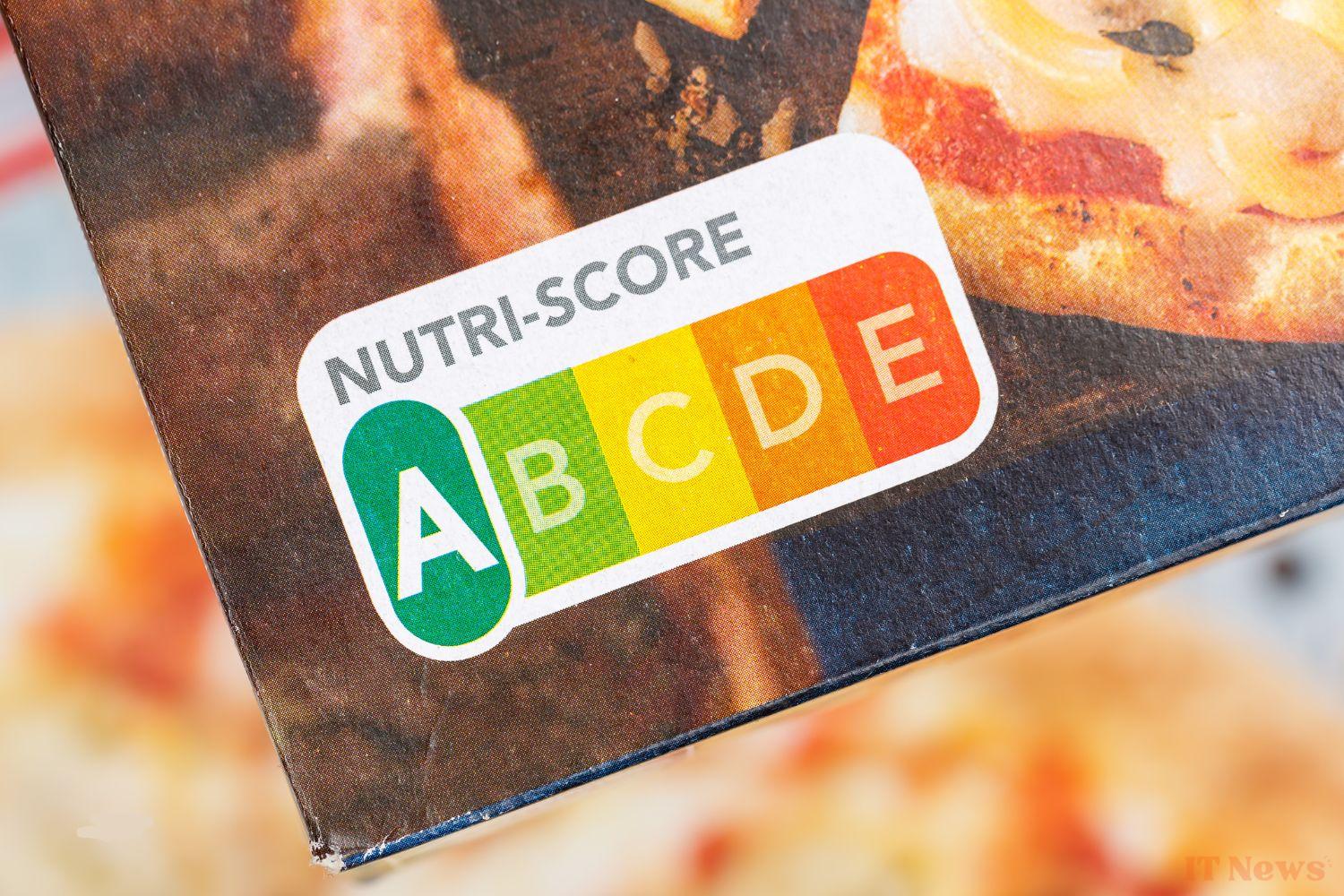The revision of the Nutri-Score is causing tensions between the Ministries of Agriculture and Health. While Catherine Vautrin signed the decree validating the new version, the protection of local products is blocking the concrete application of the reform.
A necessary but contested reform
Introduced in France in 2017, the Nutri-Score aimed to offer consumers a simplified reading of the nutritional quality of food products thanks to a color code ranging from green (A) to red (E). The revision of this system began for several years, and responds to a desire to adapt the system to everyday consumer products, as well as to scientific advances in the field of nutrition.
If the revision of the Nutri-Score is not unanimous, it is because it promises to toughen up the stance regarding ultra-processed products and foods rich in sugars, salt and saturated fats. The stated objective is to fight more effectively against obesity and cardiovascular diseases. On the one hand, consumer associations, supported by the Ministry of Health intend to offer a more precise and comprehensive Nutri-Score, capable of adapting to all diets. On the other hand, industrialists and traditional producers are concerned about the economic and cultural consequences. Dairy products will be particularly affected, as will cheese, which is a rich part of France's gastronomic heritage. A PDO cheese like Roquefort or certain traditional charcuterie products could indeed find themselves classified D or E, which, according to her, would unfairly penalize quality products. consumed in moderation,” explains Annie Genevard, the Minister of Agriculture and Food Sovereignty.
Faced with a criticized overhaul, some large agri-food groups are not remaining inactive. Danone has already announced the overhaul of 150 recipes to improve the ratings of its products while gradually deciding to no longer display the Nutri-Score on some of them. Other companies such as Nestlé and Kraft Heinz have also undertaken reformulation programs for their products, allowing them to just pass the standards.
Towards European standardization?
The European Commission is currently working on a harmonized nutrition labeling system for all member countries, planned for the end of 2025. This initiative could offer a way out of the French deadlock, by imposing a common standard that would transcend national quarrels by imposing a clear, and above all mandatory, framework. In the meantime, France finds itself in a paradoxical situation: a pioneer of Nutri-Score, it is currently lagging behind, while Germany, Belgium, and the Netherlands have already adopted the new version.



0 Comments